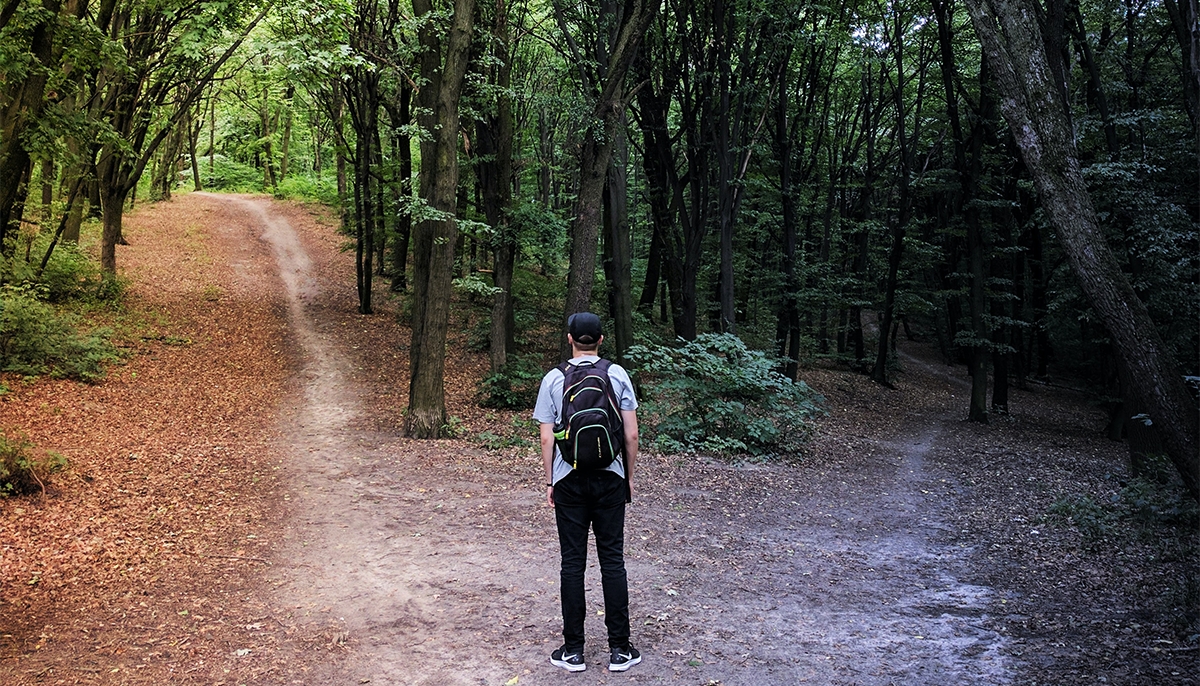I find myself attracted to all kinds of Buddhist teachings and practices, so I go from one to the next without sticking with any of them very long. I enjoy sampling different types of Buddhism, but should I just choose one and commit to it?
Rev. angel Kyodo williams: As the world changes and our awareness evolves at a faster pace, we have more access to information, practices, and teachings from different Buddhist schools than ever before. It feels as difficult to stick to one tradition as it does to stop checking your Instagram feed.
I myself have grown up within one tradition: that is to say, the core reference point of my practice has been Soto Zen. But my lineage also has distinct elements of another tradition, Rinzai Zen.
Through my search for insight that could meet my reality, I’ve come to hold indigenous, abolitionist, black womanist liberation and complexity theory alongside my buddhadharma.
When I found there were qualities of being that Zen teachings didn’t addressed in direct ways, I looked toward the wisdom of Tibetan schools. And when the concerns of twelfth-century Dogen felt incomplete in relation to my faster, non-monastic, modern life, I immersed myself in Shambhala teachings.
Through my search for insight that could meet my reality, I’ve come to hold indigenous, abolitionist, black womanist liberation and complexity theory alongside my buddhadharma. That said, it would be hard not to recognize also the Zen ways that time has infused into my bones.
If you truly love and are made more whole by engaging with multiple traditions, perhaps take a page out of an intentional polyamory manual: have a primary, make sure all parties (and teachers of your traditions) are in consent, and should a breakup be required, don’t disparage the tradition just because one relationship didn’t quite fit.
Read more from our #MeditationHacks series…
[tag_groups_post_list tag__in=73585 posts_per_page=13]

